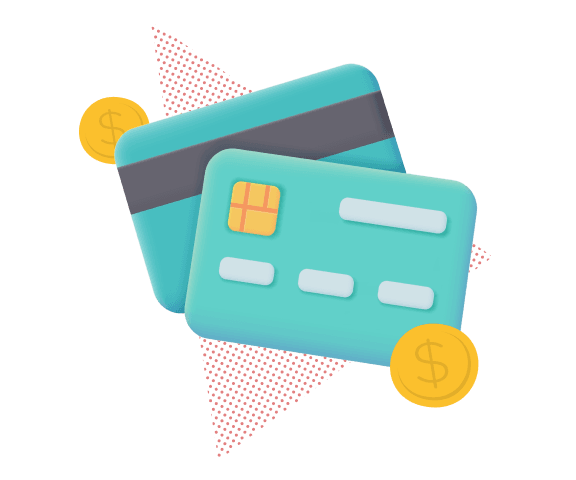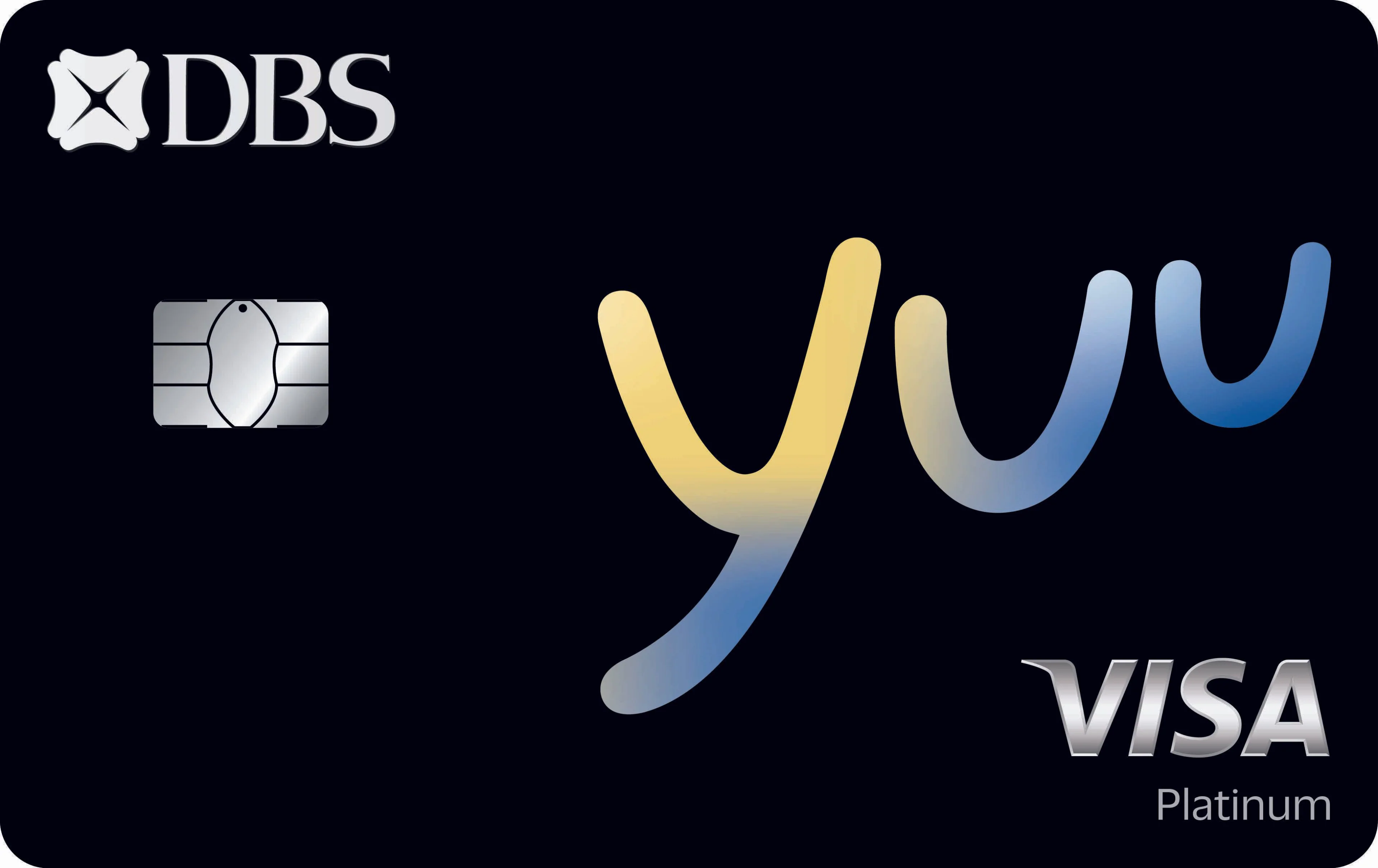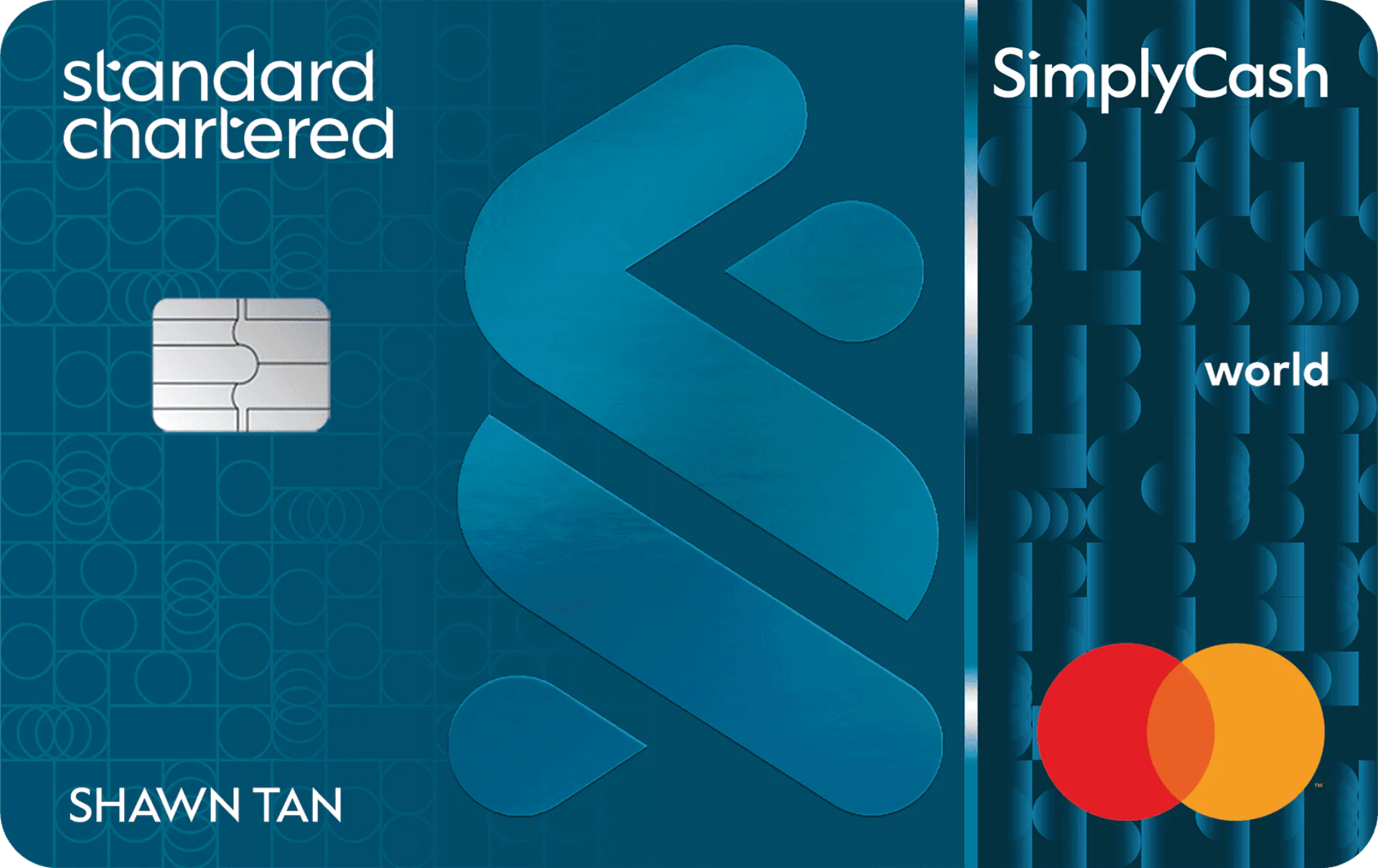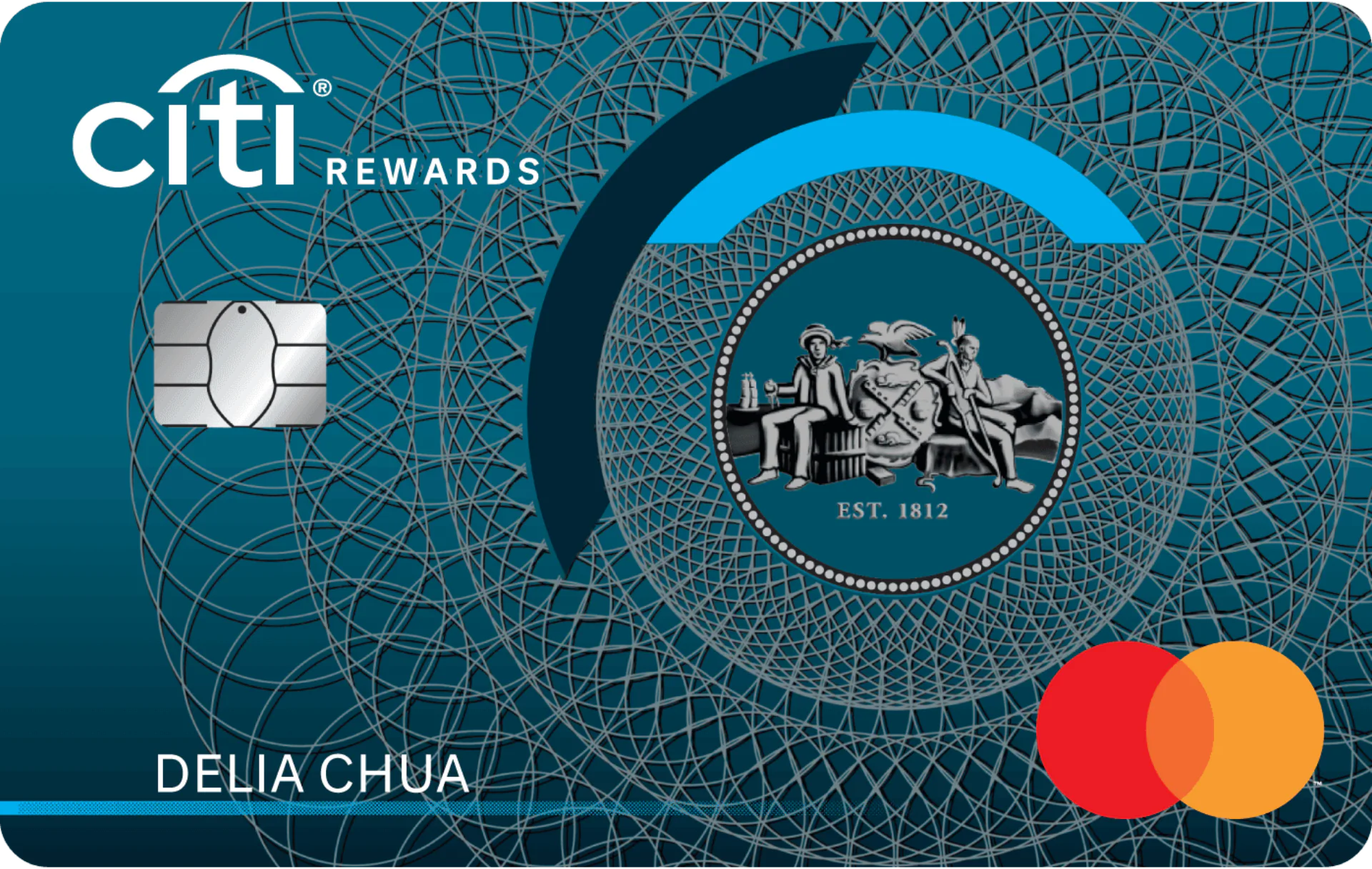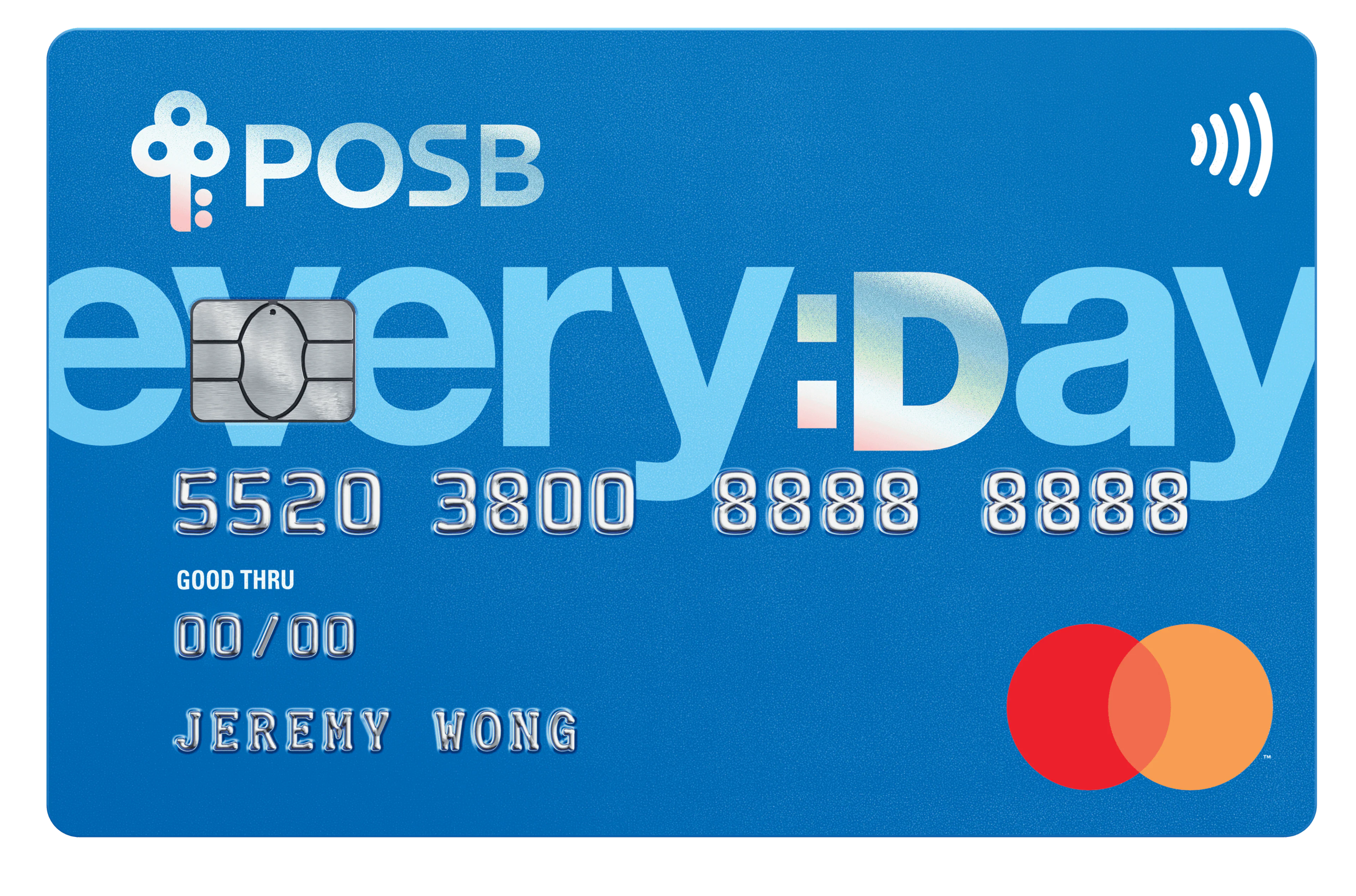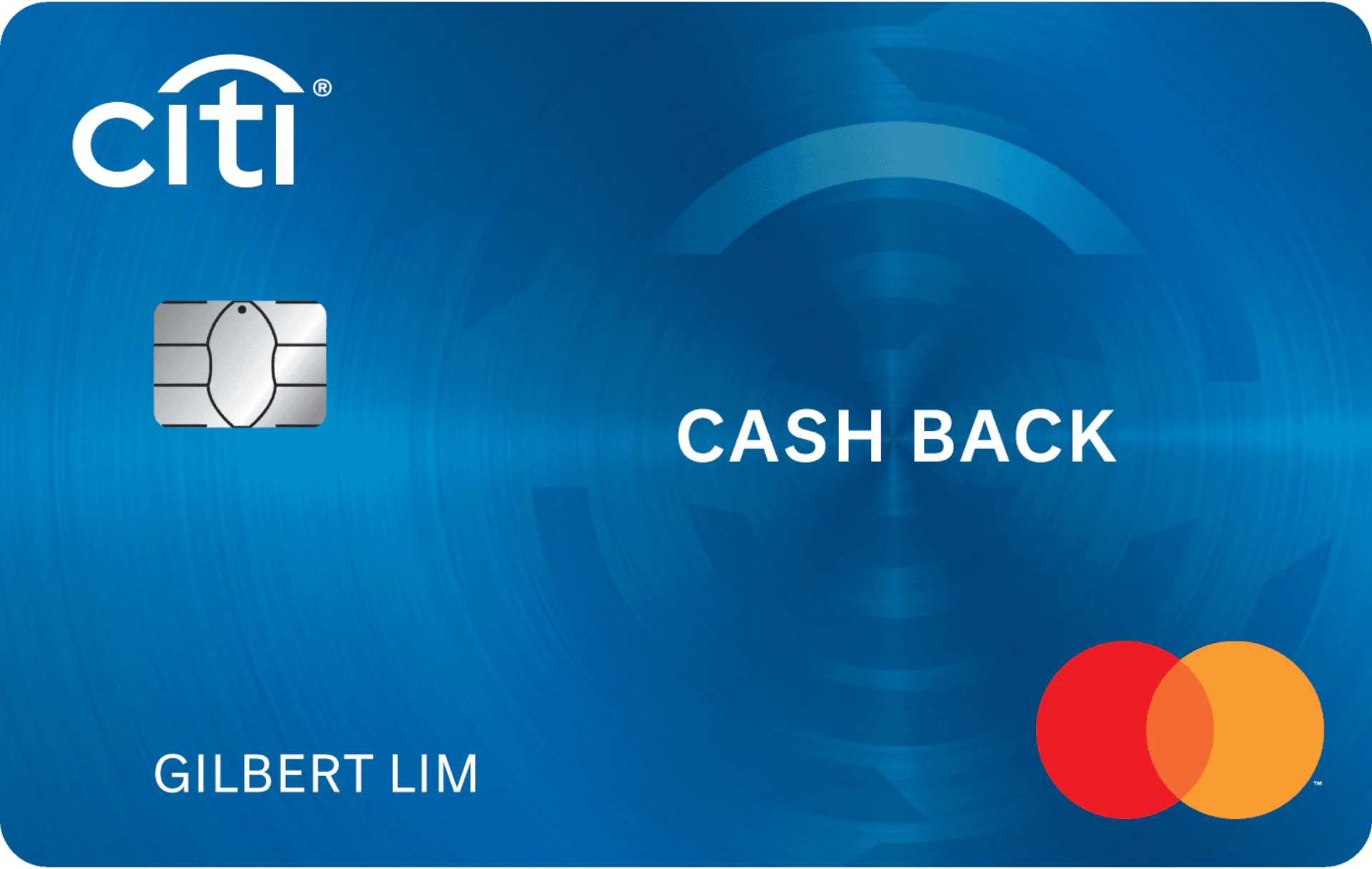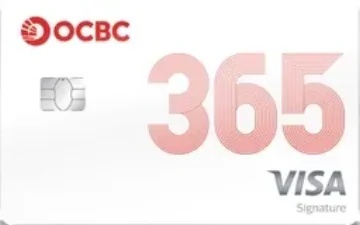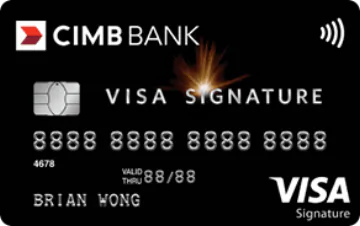How Merchant Category Codes Can Help Credit Card Rewards
Updated: 10 Nov 2025
How your purchases are classified can determine the rewards and cashback you earn. Read on for what you need to know.
Written bySingSaver Team
Team
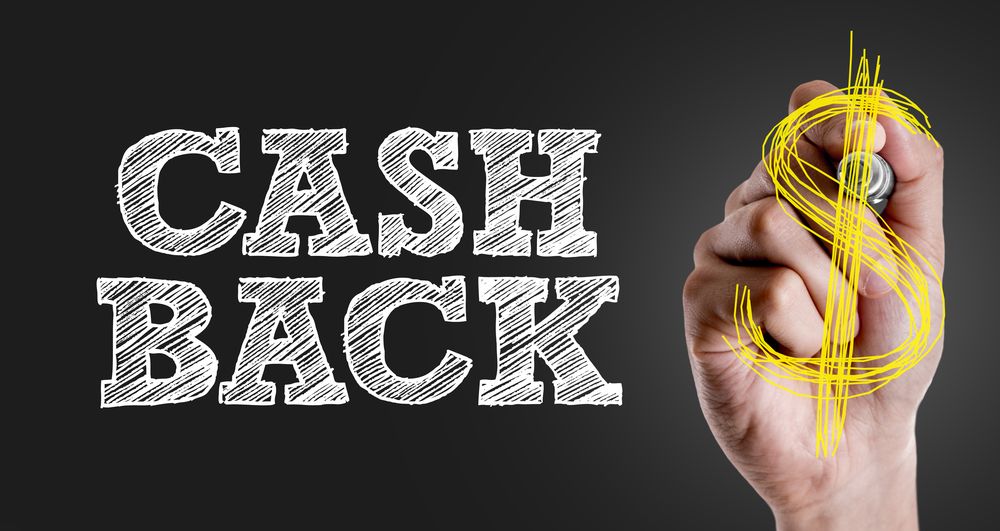
The information on this page is for educational and informational purposes only and should not be considered financial or investment advice. While we review and compare financial products to help you find the best options, we do not provide personalised recommendations or investment advisory services. Always do your own research or consult a licensed financial professional before making any financial decisions.
If you have a rewards credit card, you’re probably familiar with the different spending categories that earn you the most cashback, miles, or reward points.
But how does your credit card “know” which purchases qualify for these bonuses? The answer lies in Merchant Category Codes (MCCs).
Understanding MCCs is key to maximising your rewards, whether you’re earning cashback on dining, miles on travel, or points for everyday expenses. Here’s how MCCs work, how they affect your rewards, and what you need to know to make the most of your credit card benefits.
Want a fuss-free, spend-and-earn setup
Enjoy cashback and rewards with no minimum spend with these credit cards.
What are merchant category codes?
Merchant Category Codes (MCCs) are four-digit numbers assigned to businesses based on the products they sell or services they provide. These codes help payment networks categorise transactions, which in turn determines how your credit card rewards are applied:
-
Each business receives an MCC when it sets up a credit card payment system. This code is assigned by payment networks such as Visa, Mastercard, and American Express.
-
The MCC typically reflects the business’s primary product or service, even if the merchant offers multiple types of goods or services.
-
MCCs are generally standardised, meaning a merchant classified as a restaurant will have the same code across different card networks.
-
Since credit card issuers use MCCs to determine whether a transaction qualifies for bonus rewards, knowing how these codes work can help you make more strategic spending decisions.
>> MORE: Cashback or rewards credit cards: Which is better?
Sadly, there is no universal list of MCC codes that every bank uses. That said, category ranges are consistent, which serves as a general benchmark when checking your purchases. You can also reference the full list of merchant category codes provided by Stripe Issuing.
How do MCCs work?
Whenever you make a purchase using your credit card, the transaction is automatically assigned a Merchant Category Code (MCC) based on the type of business you are buying from. This MCC is then reported to your card issuer and payment processor, guiding them on how to handle the transaction from start to finish, including fees, risk assessment, and even rewards eligibility.
Beyond rewards, MCCs also influence several key aspects of payment processing:
1. Interchange rates
Interchange rates are the fees that businesses pay to accept card payments. These rates are set by the card network according to broad guidelines, but they vary depending on the MCC. Businesses in categories with lower fraud and chargeback rates typically enjoy lower interchange fees, while those in higher-risk categories face higher costs.
2. Cardholder fees
Certain types of businesses, such as government agencies, are permitted to charge cardholders a service fee for transactions linked to specific MCCs.
3. High-risk merchant identification
Payment processors and acquiring banks use MCCs to gauge a business’s risk level, which in turn helps determine applicable fees. While the precise algorithms behind systems like Visa’s Advanced Authorisation (VAA) or Mastercard’s Decision Intelligence Score (MDIS) remain undisclosed, the MCC likely plays a role in risk scoring.
4. Chargeback protection
MCCs also affect a business’s level of fraud and chargeback protection. High-risk merchants, such as telemarketing companies, may receive less protection and face higher chargeback fees, particularly for card-not-present (CNP) transactions.
5. Tax purposes
Finally, MCCs serve tax-reporting functions. They indicate whether a particular transaction must be reported to tax authorities. Generally, service purchases are reportable, whereas purchases of goods are not.
Why are MCCs important?
If you use a flat-rate rewards credit card that earns the same percentage on every purchase, MCCs might not make much difference. However, if your card offers bonus rewards for specific spending categories such as groceries, dining, or online shopping, MCCs become highly relevant.
For example, a supermarket typically falls under the MCC for “grocery stores,” so you’ll earn bonus rewards when shopping there. But if you pick up a carton of milk from a convenience store, which may fall under “convenience retailers,” you might not receive the same level of cashback or miles.
Beyond transaction processing, MCCs also play a vital role in how businesses and card issuers manage spending, risk, and rewards.
>> MORE: Current credit card bonus categories in Singapore
Setting spending controls
Issuers can use MCCs to restrict or allow transactions at specific types of merchants. For instance, a corporate travel card programme might permit spending only at travel-related businesses. Likewise, banks and platforms such as Stripe may be required to block certain high-risk MCCs — like gambling — at a programme level.
Gathering spending data
Each MCC provides useful data about cardholder behaviour. This data appears on authorisation records alongside details such as transaction amount, payment method, and merchant information, allowing issuers and businesses to analyse spending trends more effectively.
Rewarding cardholders
MCCs help credit card issuers determine when to award cashback, points, or miles. For example, if a card offers 3% cashback on office supplies, any purchase made at a merchant classified under the “office supplies” MCC will automatically trigger that reward.
Determining interchange fees
MCCs are integral to identifying transaction types, which in turn dictate interchange rates. High-risk businesses usually pay higher fees, reducing their overall profit margin from each card transaction.
Cross-border transactions
When it comes to international purchases, MCCs influence how transactions are processed — including currency conversion fees, acceptance rules, and risk-based pricing. High-risk cross-border transactions may attract additional costs.
>> MORE: How to combine credit cards and maximise your rewards
How do I check MCCs (and avoid losing rewards)?
Understanding Merchant Category Codes (MCCs) has become essential for anyone who wants to maximise their credit card rewards. With so many cards offering bonus cashback or miles for specific categories like groceries, dining, or online shopping, knowing how your transactions are classified can make a real difference. A quick check before you spend could mean the difference between earning 4 miles per dollar and just 0.4.
Use official MCC lists
Both Visa and Mastercard publish updated Merchant Category Code lists, which are helpful when you want to verify a merchant’s official classification. These are available directly on their websites:
Keep in mind that classifications can differ slightly between networks, so the same merchant might fall under one category for Visa and another for Mastercard.
Use third-party tools like Heymax and WhatCard
If you want a simpler way to check MCCs and see how different cards reward those merchants, Heymax and WhatCard are invaluable tools for Singapore users.
-
Heymax offers a free online and app-based database that lists local merchants, their MCCs, and the corresponding rewards for popular cards. It’s especially useful for comparing which card gives you the best return for a particular store or platform (e.g., whether to use your UOB Lady’s Card or Citi Rewards at Shopee).
-
WhatCard provides a crowdsourced database of Singapore merchants and their MCCs, along with user-submitted insights on cashback and miles eligibility. It’s frequently updated and includes niche merchants that may not appear in official bank lists.
Both platforms can help you avoid unpleasant surprises like discovering that your favourite online grocer is classified as an “Online Marketplace” instead of “Groceries.”
- Up to 36X yuu Points (equivalent to 18% cashback) on yuu participating merchants.
- 1X yuu Point on all other spend.
- S$1 spend = 1 yuu Point. No limit. No cap.
- Supermarket rebate
- Dining rebate
- Transport rebate
- Customers need to download the new rewards app as yuu Points awarded can only be tracked on yuu Rewards app.
- Redemptions of yuu Points capped at 15,600 points (S$78) per calendar month.
- Rebate cap applied
- Monthly spend required
- 1.5% unlimited cashback rate with no min. spend.
- Enjoy offers and privileges for online, dining, retail and more with The Good Life®.
- First year annual fee waiver.
- 1.5% unlimited cashback
- No rebate cap
- No monthly spend required
- First year annual Fee waiver
- Cannot be used for EZ-Reload.
Citi Rewards Card
- 10X rewards points for all online purchases except mobile wallet and travel-related transactions.
- 10X rewards points for in-store shopping purchases at department stores, clothing stores and more.
- 1X rewards points on all other purchases.
- Pair with amaze card to turn offline transactions into online transactions.
- No cap on base rewards points.
- Rewards points conversion rate: 440 Points = S$1
- Rewards points are rounded down to the nearest 10 points on all purchases.
- Use Citi PayAll to earn ThankYou PointSM when you pay your bills with your Citi Rewards Card.
- Up to S$1 million travel insurance coverage when you charge your travel tickets to this card. There will be a revision made to the Citi Credit Cards complimentary travel insurance. The Travel Insurance coverage in respect of a Trip charged to Citi Rewards Card will be updated to end on 31 March 2026. For more information, please click here.
- Read our full review of the Citi Rewards Card
- Bonus air miles
- Travel insurance
- Annual Fee waiver
- High-value gift
- Bonus rewards points capped at 9,000 points per statement month
POSB Everyday Card
- Up to 10% cash rebates on food delivery via foodpanda, GrabFood and Deliveroo.
- Up to 10% cash rebates on in-store spend in Malaysian Ringgit (MYR).
- Up to 10% cash rebates on SimplyGo.
- Up to 5% cash rebates on Amazon.sg, Lazada, Shopee, RedMart, Taobao and TikTok Shop.
- Up to 5% cash rebates at Popular bookstores (in-person and online)
- 5% cash rebates at Sheng Siong supermarkets.
- 6% cash rebates at SPC.
- 3% cash rebates at Pet Lovers Centre.
- 0.3% cash rebates on all other eligible spend.
- Cash rebates (in Daily$) never expire.
- Read our full review of the POSB Everyday Card.
- Food delivery
- Online shopping rebate
- Min. spend of S$800 per calendar month required for accelerated cash rebate earn rate.
- S$20 monthly cash rebate cap for dining, Sheng Shiong, Popular, online shopping, SimplyGo, and MYR categories respectively.
- Rebate cap applied
- Monthly spend required
Citi Cash Back Card
- 6% cashback on dining and grocery spending (local & overseas).
- 8% cashback on petrol and private commute (local & overseas).
- Up to 23.64% savings at Caltex, Esso and Shell, inclusive of 8% cashback for petrol spending.
- With Citi PayAll you can earn Citi Miles, Citi ThankYou PointsSM or Cash Back when you pay your bills with your Citi Credit Card.
- Up to S$1 million travel insurance coverage when you charge your travel tickets to this card. There will be a revision made to the Citi Credit Cards complimentary travel insurance. The Travel Insurance coverage in respect of a Trip charged to Citi Cash Back Card will be updated to end on 31 March 2026. For more information, please click here.
- 0.20% cashback for all other spending, even if you do not meet the min. monthly spend.
- Dining rebate
- Supermarket rebate
- High-value gift
- Min. monthly spend of S$800 required to earn bonus cashback.
- S$80 combined cashback cap across all categories.
- Rebate cap applied
- 6% cashback on fuel spend at all other petrol stations.
- 5% cash rebate on dining spends all day, everyday (includes local/overseas dining and online food delivery).
- 3% cashback on drugstore purchases, streaming service subscriptions and EV charging expenses.
- 3% cashback on groceries at supermarkets (both local and overseas) and online groceries.
- 3% cashback on private hire (Grab/Gojek) and taxi rides (both local and overseas).
- 3% cashback on recurring telco and electricity bills.
- S$160 monthly cashback cap (up from S$80).
- Up to 22.92% fuel savings at Caltex (incl. 18% instant discount for all fuel) and 6% cashback on fuel spend at all other petrol stations.
- 2-year annual fee waiver.
- Earn up to 4.65% p.a. interest on first S$100,000 of OCBC 365 Account balance.
- Great for homemakers, working adults, cashback lovers, enjoy flexibility over min. spend (S$800 or S$1,600), drive frequently
- Read our full review of the OCBC 365 Credit Card .
- Petrol rebate
- Dining rebate
- High min. spend of either S$800 or S$1,600 per calendar month
- Min. annual spend of S$10,000 from date of issue to qualify for automatic annual fee waiver.
- S$80 monthly cashback cap with minium spend of $800.
- S$160 monthly cashback cap with mininum spend of $1,600.
- Operates on a whitelist basis. Only selected MCCs shown in the T&Cs qualify for bonus cashback.
- Interest on outstanding balance increased from 26.88% p.a. to 27.78% p.a.
- Monthly spend required
CIMB Visa Signature Card
- 10% cashback on online shopping, groceries, beauty/wellness, pet shops/veterinary services and cruises.
- Unlimited 0.2% cashback on all other spend.
- Complimentary travel insurance of up to S$500,000 when you charge your travel fares to this card.
- No annual fees for life + up to 4 supplementary cards with no annual fees.
- Online shopping rebate
- Supermarket rebate
- Annual Fee waiver
- Minimum spending of S$800 in the statement month to qualify for 10% cashback.
- 10% cashback is capped at S$100 per statement month per principal cardmember and up to S$20 per category. Earn 0.2% cashback on all spend when you exceed the cashback cap.
- Rebate cap applied
Check third-party or community databases
Other reputable resources can also help you identify MCCs for both local and international merchants. These include:
-
PayPal MCC Reference List, which specifies the categories used for PayPal-linked transactions.
-
Credit card forums, where users frequently share verified MCCs for local merchants like NTUC FairPrice, Cold Storage, Lazada, and Foodpanda.
-
Reward guides from sites like Seedly and SingSaver, which often mention MCCs when explaining why certain transactions earn or don’t earn bonus rewards.
Always double-check community data with your actual transaction statement, as MCCs can differ between card networks and payment processors.
Contact your card issuer or do a test transaction
If you’re unsure, contact your bank’s customer service via hotline or chat to confirm the MCC once the transaction has been posted. You can also make a small test purchase (for example, under S$5) to see how the transaction appears in your rewards summary before spending more.
Why am I not getting bonus rewards despite the correct MCC?
If your store is correctly categorised but you're still not earning the expected cashback, miles, or rewards points, several factors could be at play:
-
You've reached the rewards cap. Many credit cards have a maximum limit on bonus rewards for specific spending categories within a quarter or year. Once you exceed this cap, subsequent purchases may only earn the base rate.
-
Your transaction was processed through an unqualified system. Some credit card issuers exclude purchases made via third-party payment platforms, online marketplaces, or mobile payment systems from earning bonus rewards. If your purchase was processed through a payment aggregator like PayPal, FavePay, or ShopeePay, it may not be eligible.
If none of these situations apply, it’s best to contact your credit card issuer to clarify the discrepancy. They can verify whether your transaction was correctly categorised and explain why you didn’t receive the expected rewards.
Singsaver Tips
Even as systems get smarter, some merchants still trigger MCCs that can affect your rewards:
-
Online groceries like RedMart or FairPrice Online may code as “Online Marketplace.
-
E-wallet top-ups through GrabPay or Revolut often count as “Financial Services” and typically don’t earn rewards.
-
Food delivery apps like Deliveroo or Foodpanda may fall under “Restaurant” or “Online Ordering Platform,” depending on the processor.
-
Streaming and digital subscriptions (e.g., Netflix, Spotify) may be tagged as “Digital Goods,” not “Entertainment.”
-
Hotel bookings made through Agoda or Booking.com could be classified differently depending on whether the charge is processed by the hotel or the platform.
Things to watch out for
1. The MCC may not reflect what the store sells
Just because a store that sells groceries or dining-related items doesn’t guarantee that its MCC aligns with those categories. For instance, a shop that appears to be a bakery could still be classified under a general retail MCC if it originally started as a convenience store. Even if it expands its offerings, the original MCC may remain unchanged — affecting whether your credit card issuer processes the purchase under a bonus-eligible category.
2. Different locations or sections may have varying MCCs
A business with multiple outlets or distinct sections within the same store can have different MCCs depending on where and how you make your purchase. For example, a department store might be classified under general retail at one location, while another branch with a dedicated grocery section could have an MCC that qualifies for supermarket rewards.
Additionally, larger retailers often assign separate MCCs for specific departments — such as a pharmacy or electronics counter within a hypermarket. This means that a purchase made at one section may earn bonus rewards, while another transaction at a different counter might not.
3. MCC classifications may vary across payment networks
Merchant category codes are assigned by payment networks like Visa, Mastercard, and American Express, but these classifications may differ slightly across networks. This can affect the rewards you earn on certain purchases, depending on how the transaction is processed.
For example, you might expect to earn cashback on dining when you use your credit card at a hotel restaurant. However, if the transaction is categorised under a hotel or travel MCC rather than dining, your card issuer may treat it differently — possibly earning you miles instead of cashback.
These inconsistencies highlight why it's essential to check your past transactions and understand how your credit card issuer categorises spending. If maximising rewards is a priority, consider testing small purchases first or contacting your bank for clarification on MCC classifications.
4. MCC classifications for travel expenses can vary between card issuers
Most travel rewards credit cards in Singapore typically cover key expenses like flights, hotel stays, and car rentals. However, travel-related merchant category codes (MCCs) go beyond these essentials, covering bus and train rides, ferry services, taxis, tolls, and even campgrounds.
The challenge? Not all issuers define “travel” the same way. While some banks may categorise expenses like ERP charges or ride-hailing services as travel-related, others may not. This can impact the type of rewards you earn on your spending.
Relevant articles
About the author
SingSaver Team
At SingSaver, we make personal finance accessible with easy to understand personal finance reads, tools and money hacks that simplify all of life’s financial decisions for you.
